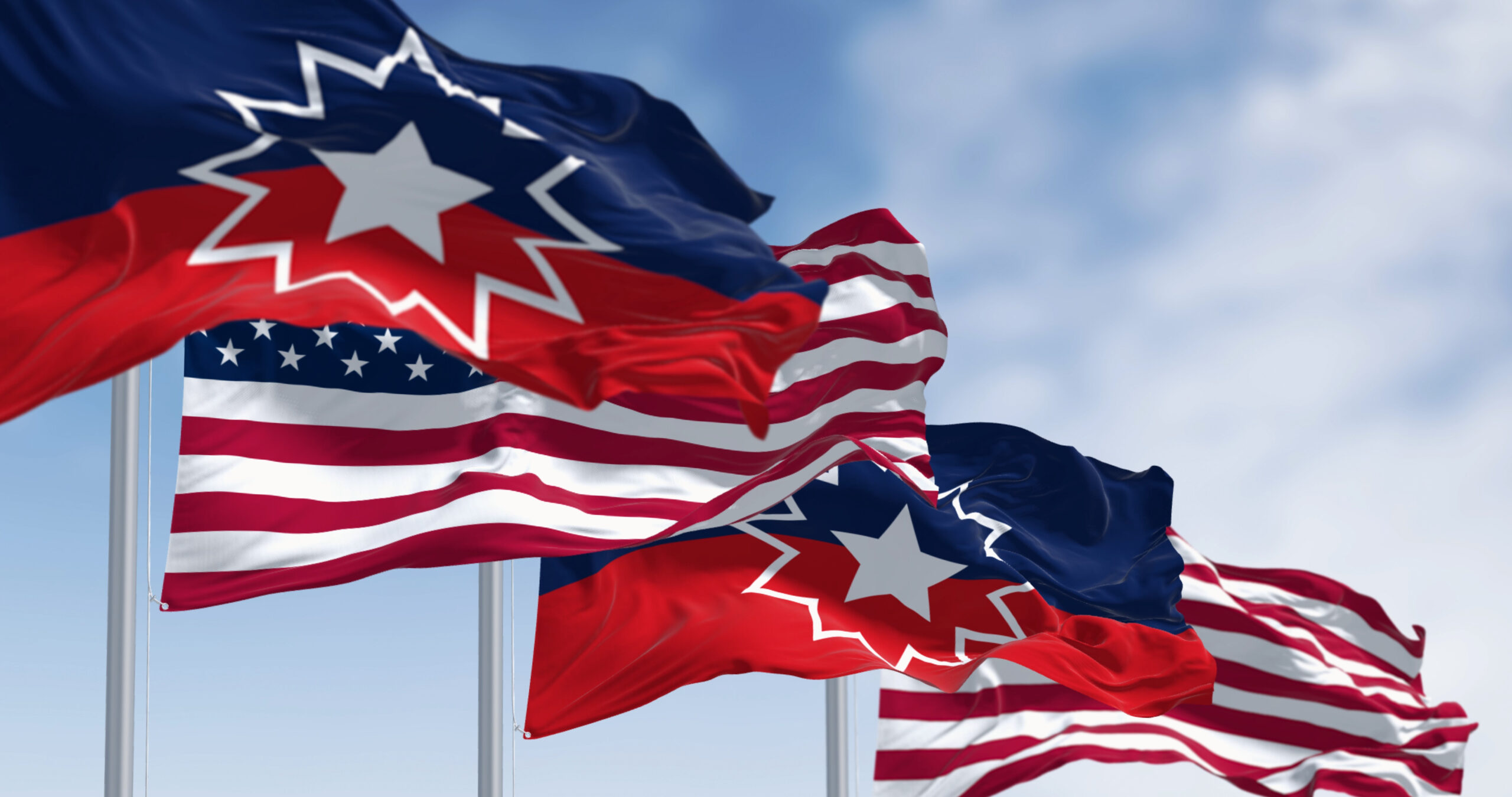Since the time I was a kid, I was taught that Sukkot, the Jewish fall holiday called The Feast of Tabernacles or The Feast of Booths in English, is the Hebrew Bible’s version of Thanksgiving. Or, depending upon who was doing the teaching, that Thanksgiving is the American expression of Sukkot.
While people can certainly pick apart either or both of those analogies, they are actually pretty well-founded, if not perfect. Each holiday celebrates the abundance that we can locate even in the midst of uncertainty and a sense of being at home even when that home is still quite fragile.
But if Thanksgiving and Sukkot can be paired, what is the American equivalent of Passover? July Fourth never seemed quite right for so many reasons, starting with the fact that the great drama of liberation from slavery was not part of the story. In fact, slavery was a legally protected institution in all 13 colonies when they declared independence in 1776, and there were enslaved people in all of them at that time. Don’t get me wrong, I am happy and proud to celebrate July Fourth, and the highlights of the story far outweigh the lowlights, but Passover it is not.
So, if July Fourth is not the Parallel Passover, does that mean that there isn’t one? Maybe not, but I think that there is, and I think we celebrated it this week. It’s called Juneteenth.
Just as the exodus story is the story of a particular people’s first steps out of slavery, Juneteenth celebrates a similar journey for another particular people. And just as the exodus story became emblematic of that journey for many different peoples in many different periods, so could the story of Juneteenth.
Without diminishing the particular pains and prides that belong to the descendants of the formerly enslaved, we can all consider how Juneteenth is all of ours. How can it teach us? What are the lessons we take? How might we, as in the celebration of Passover, see ourselves as those needing and receiving liberation?
What are the challenges that come with liberation — where and how do we rise to them, and where not? These, too, were issues for the ancient Israelites, as they are for any newly liberated people.
The journey to freedom is generational in the Bible, so why would it not be the same here in the United States? And if it took the passing of an entire generation for the Israelites to be ready to live fully into their liberation after approximately 200 years of slavery, should we not expect it to take proportionately longer when the period of enslavement was that much longer as well?
I do not pretend to have answers for all of these questions — at least not in this format. I simply know that if it can be inspiring to think of the parallels between Sukkot and Thanksgiving, it can be at least as inspiring to consider the parallels between Passover and Juneteenth — how they can be ours in both the most particular and the most universal of ways, and how each invites us to observe and celebrate this newest of American sacred days.

Brad Hirschfield is the co-founder and co-executive editor of The Wisdom Daily. A rabbi, Brad has been featured on ABC’s Nightline UpClose, PBS’s Frontline, Fox News and National Public Radio. He wrote a long-standing column, “For God’s Sake,” for the Washington Post, and has also written for The Huffington Post and Beliefnet.com. He authored the book, You Don?t Have To Be Wrong For Me To Be Right: Finding Faith Without Fanaticism. Brad also serves as President of Clal, The National Jewish Center for Learning and Leadership, a leadership training institute, think tank and resource center in New York City.

